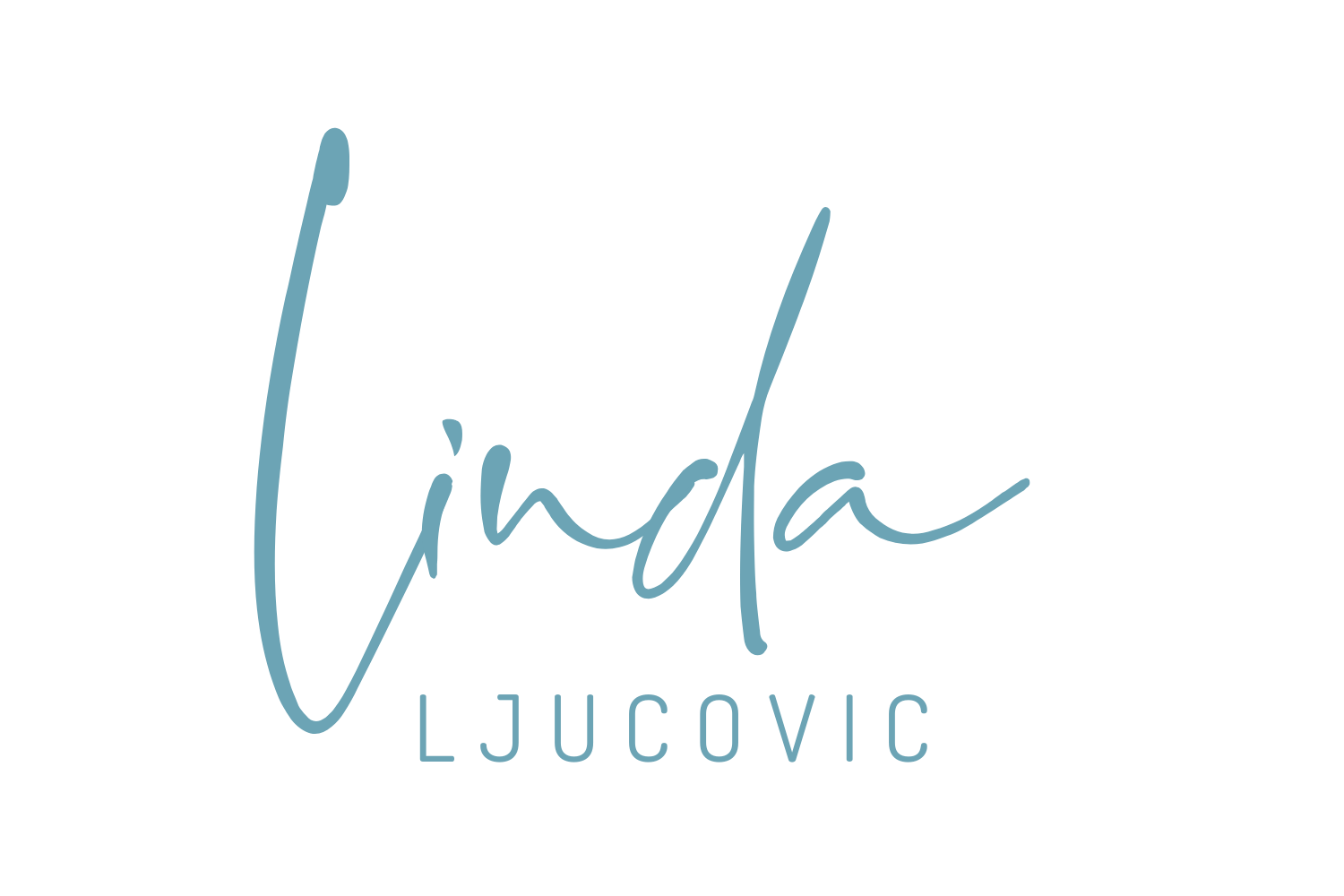A Lunch Game that Changed Everything
A lunch game that changed everything…
On Tuesday last week, something happened that reminded us how fragile — and resilient — the human body can be.
Dave was playing hockey with a new old-timers league he’d just joined. It was a sobering start — he’d played two shifts back to back, and partway through the game, everything changed.
One of their teammates — a man in his 60s, seemingly healthy and active — suddenly collapsed on the ice.
No warning. No signs. Just gone.
In those first few moments, instinct took over. Dave and another teammate jumped into action. After a quick assessment, it was clear he had stopped breathing. No pulse. They flipped him over, and CPR was started immediately. A CPR instructor — who happened to be teaching a nearby First Aid class — joined in, and they worked until paramedics arrived. Eventually, the shocks worked. His heart started again.
He’s alive today because of their quick thinking, calm under pressure, and the presence of that defibrillator.
The Hidden Connection Between Stress, Minerals, and Heart Health
As a Functional Diagnostic Nutrition Practitioner, I can’t help but look at situations like this through a wider lens. While acute cardiac events can have many causes — genetics, electrical issues, or underlying disease — there’s often a deeper foundation that sets the stage long before symptoms appear.
1. Chronic stress changes how the body manages minerals.
When we’re under constant stress (mental, emotional, or physical), our adrenal glands work overtime. This affects how we regulate key minerals — sodium, potassium, magnesium, and calcium — which are essential for nerve conduction and muscle contraction, including the heart.
An imbalance in these minerals, especially magnesium and potassium, can make the heart more vulnerable to arrhythmias and sudden cardiac stress. Research has shown that magnesium plays a key role in stabilizing heart rhythm and maintaining electrical balance in cardiac cells.¹
2. Depleted minerals = reduced resilience.
When someone is mineral-depleted — often from chronic stress, caffeine, alcohol, poor sleep, or intense exercise — their body loses its ability to adapt. The electrical system of the heart, muscles, and nervous system can become more reactive. I see this all the time in Hair Tissue Mineral Analysis (HTMA) results and Dutch Hormone Labs — people look “fine” on the outside but are running on empty internally.
3. Prevention isn’t just about exercise — it’s about balance.
So many people believe they’re doing everything right: they eat well, stay active, and keep up with hobbies like hockey or golf. But what we can’t see is how stress — even the good kind — drains the body’s reserves over time.
Functional testing helps us uncover these imbalances before they become symptoms. Supporting the body’s stress response, improving mineral balance, and maintaining heart health isn’t just about longevity — it’s about resilience.
Gratitude, Reflection, and a Call to Action
We can’t always control what happens, but we can control how we prepare. Keeping our stress in check, staying hydrated, maintaining proper mineral balance, and knowing how to act in an emergency all play a role in keeping our hearts — and our lives — strong.
So, take a moment today to:
Learn where the nearest AED is at your gym, rink, or workplace.
Get CPR certified (you never know when you’ll need it).
Support your body from the inside out — because prevention starts long before crisis.
Simple Daily Actions for a Stronger Heart & Nervous System
While events like this remind us to act fast in a crisis, real prevention happens in the quiet, daily choices that support our stress response and mineral balance. Try starting with one of these today:
Add a pinch of sea salt or a trace mineral drop to your morning water to support adrenal function or go all in with our water drinking challenge.
Eat magnesium-rich foods daily — leafy greens, avocado, pumpkin seeds, and dark chocolate - over 70 % (yes, really!) Interesting in learning more, grab our free guide here.
Get outside for 10 minutes of sunlight and slow breathing — nature is one of the most powerful nervous system resets.
Prioritize rest and recovery just as much as exercise. The heart needs balance, not burnout.
Eat the right foods to support heart health. Click the button below to grab our Healthy Heart Menu Plan and resource.
These simple actions may seem small, but they help your body build the resilience that often makes the difference when life throws the unexpected your way.
Every heartbeat is a reminder of both strength and fragility — and of the incredible capacity the body has to heal when we give it the right support.
If you’d like to learn more about how mineral balance and stress resilience affect your energy, hormones, and heart health, I talk about this in my Fix Your Hormones & Fight Fatigue Program or check out the resource below.
These stories remind me why I do what I do — because true health isn’t just about fitness. It’s about balance, awareness, and giving your body what it needs to keep showing up for the life you love.
¹ Reference: DiNicolantonio JJ, O’Keefe JH. Magnesium in prevention and therapy. Open Heart. 2018;5(1):e000668. (link here)




